For more than three years, democratic governments have been trying to pretend that Afghanistan does not exist. The embarrassed silence has given the Taliban drugs and terror cartel a free hand to transform Afghanistan into the world center of jihad, while locking up women, and robbing western taxpayers of billions of dollars in aid and cash.
After President Joe Biden’s disastrous 2021 withdrawal, following President Donald Trump’s 2020 surrender deal with the Taliban, Afghanistan became the country no one wanted to talk about.
Rather than coming up with a policy for dealing with the danger to regional and world security that Afghanistan represents, the Biden administration has thrown money at it. The United Nations has simply issued vacuous platitudes and complied with Taliban decrees banning women from work.
Now Trump is back, people in Afghanistan and many in exile are clutching at a limpid hope that the president will come to the rescue.
“Trump’s election as president has sparked a silent excitement among Afghans who are unhappy with the current regime’s policies,” said an Afghan contact who runs a medical charity in Kabul and asked that his name not be used for his own security.
He and many others believe Trump’s picks to run foreign policy and security are hostile to terrorists and transactional about aid. Marco Rubio, Trump’s choice for Secretary of State, has called for a halt to aid to Afghanistan and for the Taliban to be designated as a terrorist organization.
Mike Waltz, a Green Beret combat veteran who served in Afghanistan tapped by Trump as national security advisor, has expressed concerns about the Taliban’s sponsorship of terrorism. Sebastian Gorka, set to become a counter-terrorism advisor, viewed the Taliban’s return to power as a blow to American prestige.
Since withdrawing, the United States has pumped in more than $20 billion in aid. Separately, tens of millions of dollars are delivered monthly in cash, ostensibly for humanitarian organizations, though much is pilfered by the Taliban.
The vacuum left by the United States and Nato has been filled by China, Iran and Russia. Short of formal recognition, they have lent legitimacy to the Taliban by sending and receiving diplomats (along with Turkey, Japan, Pakistan, the European Union and others). They have inked billions in mining and other contracts.
Last month, Sergei Shoigu, the secretary of Russia’s security council visited Kabul to tell the Taliban they’d soon be removed from Moscow’s list of banned terrorist groups.
Credible reports of torture, rape and forced abortions of women prisoners, and the murder of former soldiers are denied by the Taliban and ignored by everyone else.
Long-term Taliban collaborators Al Qaeda are back in the business of running militant training camps that despatch gunmen across the world’s terrorist hotspots, from Syria to Somalia. Osama bin Laden planned the 9-11 attacks while living with the Taliban; his successor, Ayman al-Zawahiri, was killed in Kabul in 2022.
Afghanistan’s global heroin and methamphetamine business, the Taliban’s major source of funding, is booming. The Taliban’s fat cats are getting fatter. Another source in the capital, who is connected to the senior regime figures and also spoke on condition that he not be named, said he’s asked political, military and community leaders nationwide to rate the Taliban administration out of ten. “Not one of them has given more than a three,” he said. With Taliban leaders focused on their substantial personal financial interests, civil unrest can’t be far off, he said.
A power struggle between Taliban factions is intensifying as rival camps redefine themselves as “moderate” (a relative term for Islamo-fascists), or as God’s sharia-compliant representatives on earth, sources in Kabul say.
The choices are Supreme Leader Hibatullah Akhundzada, a religious zealot with a private army trained and paid for by Iran, issues the decrees that keep women locked in their homes. Or Sirajuddin Haqqani, a leader of al-Qaeda, the Taliban’s interior minister, and head of a kidnap-and-murder operation called the Haqqani Network. He was recently promoted by the New York Times as “the best hope for change.”
The NYT hagiography is part of a wider effort to promote Haqqani as the least bad choice when Trump turns his attention to Afghanistan and the Doha Agreement that he signed with the Taliban in February 2020.
In it, he pledged military withdrawal in return for conditions the Islamists blithely ignore. These include respect for women’s rights; the inclusion of minority ethnic and religious groups in government; and not allowing terrorists to use Afghanistan to threaten the security of the United States or elsewhere.
Few who understand the Taliban ideology — which it shares with al-Qaeda, Hamas, Hezbollah, the Iranian regime and others in the violent, antisemitic, misogynist, Islamist firmament — expected little else.
Yet three years on, there are few options. Opposition groups are largely warlords who, like the last president, Ashraf Ghani, ran away as the Taliban closed in on victory. Many are opportunists eager to regain lost wealth and power. The only two leaders of consequence to stay behind, former president Hamid Karzai and former chief executive Abdullah Abdullah, are figureheads with few ideas and little influence.
Amid the self-serving white noise, two active militia groups have, finally, coalesced around the shared strategic goal of ridding Afghanistan of the Taliban terrorist threat and returning the country to a path of Western-style democratic development.
Abdullah Khenjani, political advisor to the National Resistance Front, said he’s hoping Trump will cut the money going to the Taliban and come up with a plan for removing them “before it leads to another international catastrophe, reminiscent of the events of September 11.”
The NRF, led by Ahmad Massoud, has linked with the Afghanistan Freedom Front of General Yasin Zia, the former Afghan Armed Forces chief of the general staff, who has been taking the fight to the Taliban since the republic’s collapse.
“As a military leader, I firmly believe that Afghanistan’s downfall was a political failure, not a military one,” he said. “We fought alongside American forces against international terrorism, which now illegally dominates Afghanistan. Those sacrifices demand redemption, and what’s needed is political will in the White House.”



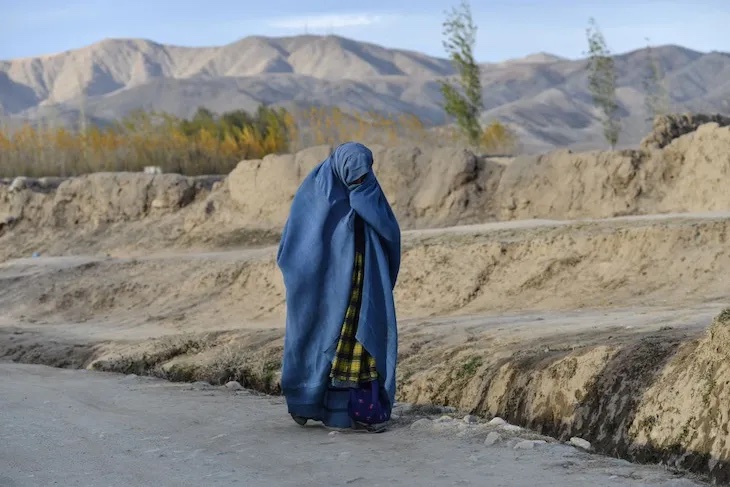






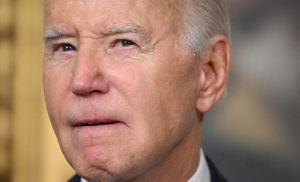

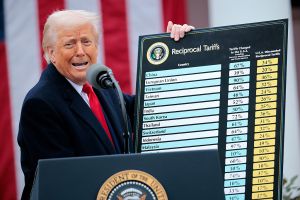


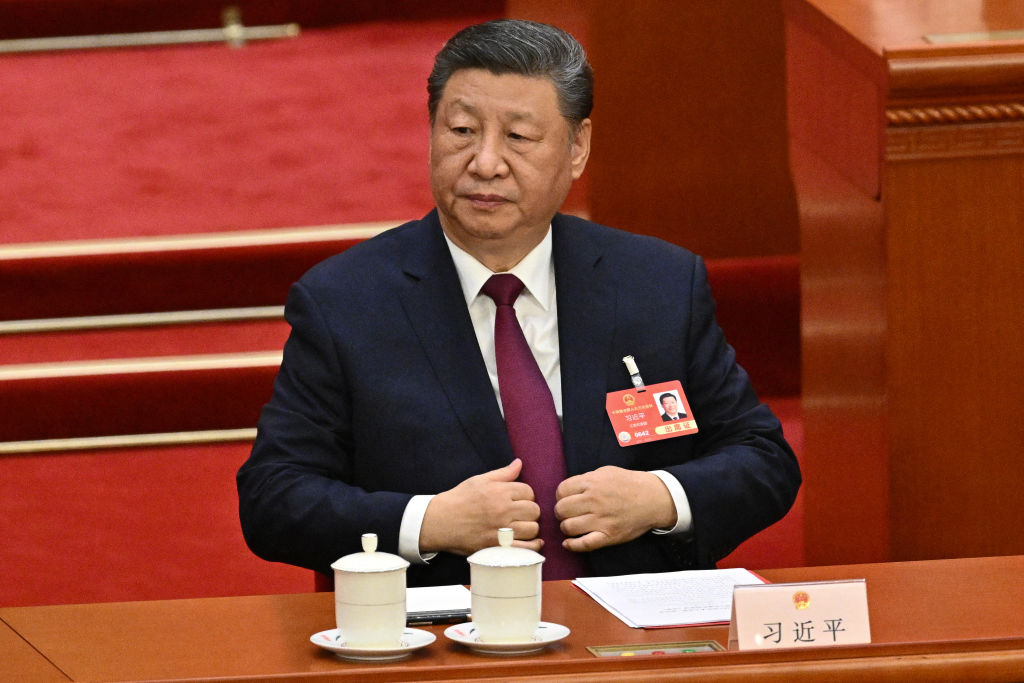
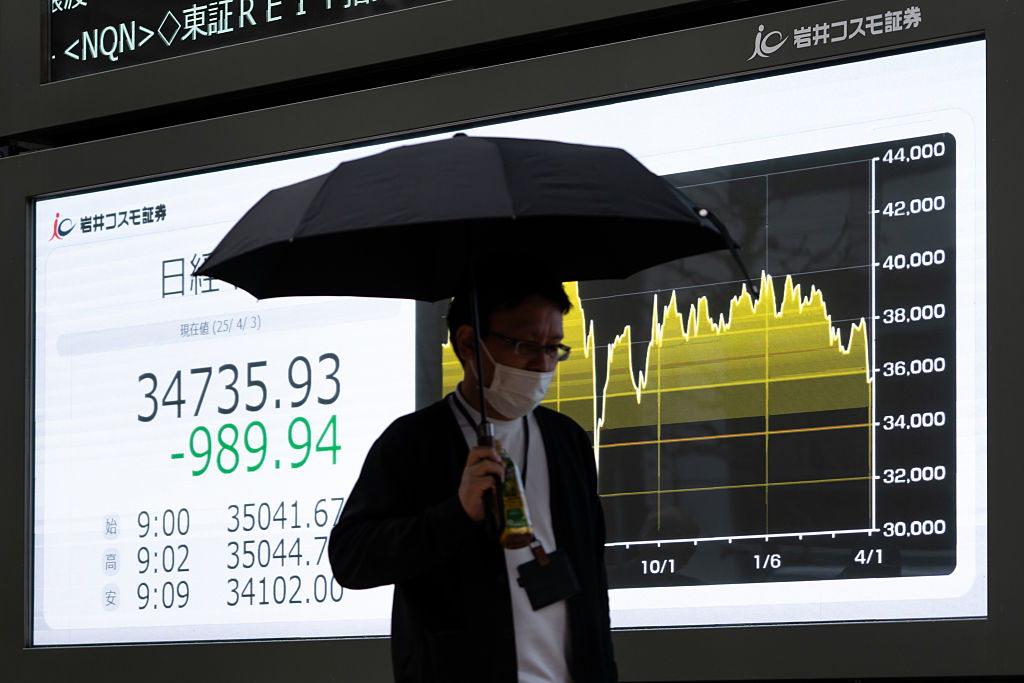
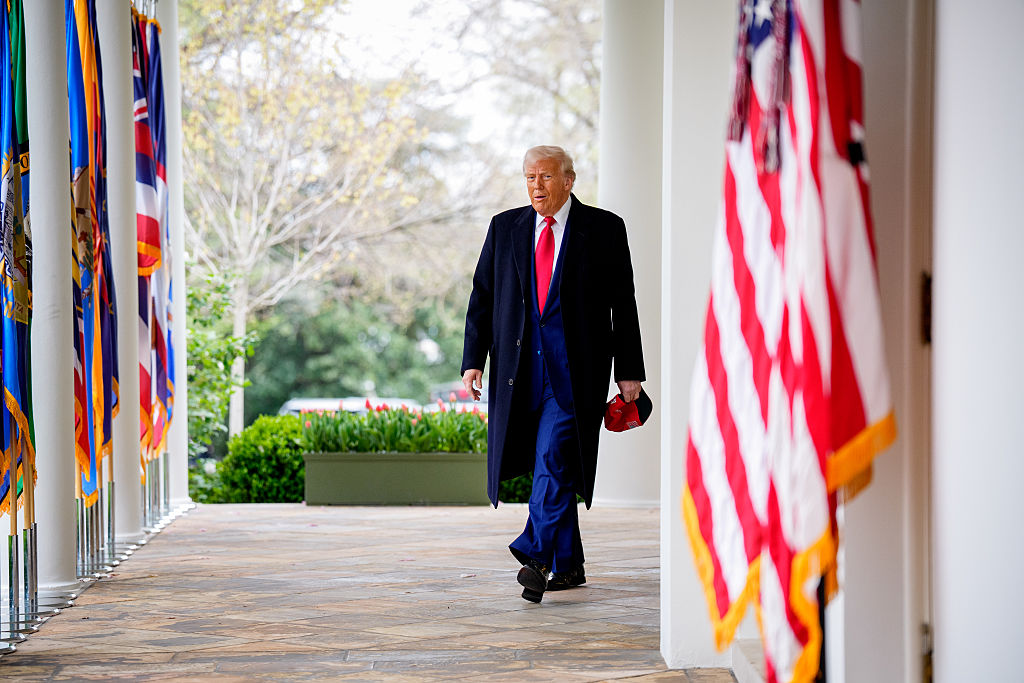
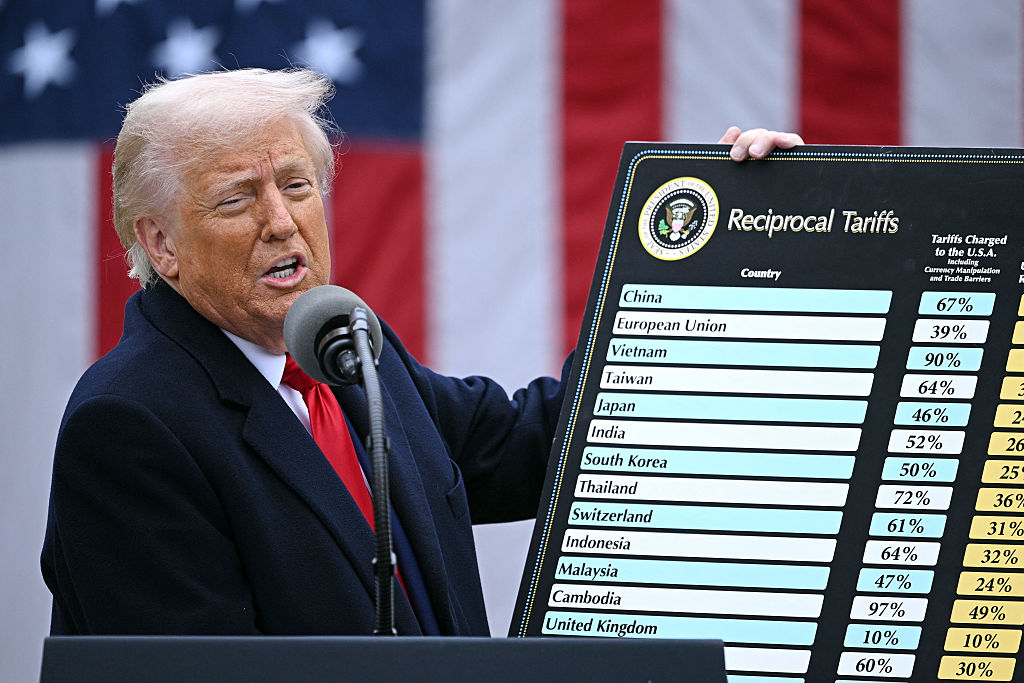







Leave a Reply